Empowering Your IT Journey
PG Program in SQL PL/SQL Development
- Live classes for 3 months
- 1:1 career guidance
- Placement support
- Interview Preparation
- Portfolio management
Book a Free LIVE Webinar to Know More
It is ideal for
For whom is the course?
This course is designed for non-tech professionals seeking to acquire practical coding skills in SQL and PL/SQL development.
Looking to build their coding capabilities and explore opportunities in the IT sector.
such as BSc, MSc, BCom, MCom, BBA, MBA, BCA, and MCA aim to transition into the tech industry
seeking to expand their skill set and advance their careers in database management, analytics, or software development
Career Growth
Successful Career Transitions
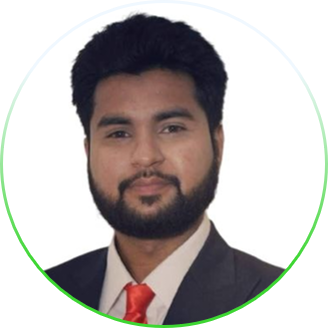
















SQL PL/SQL Programs
Course highlights
Start your career in coding as an SQL PL/SQL Developer in 3 months from part-time, LIVE online study
Master 7+ tools, frameworks, etc
Work on 12 real-life complete SQL PL/SQL projects
Practice 300+ interview questions
100+ downloadable files including eBooks, IDEs, software, frameworks, etc
Internship and job assistance after successful completion of the course

What You'll Learn
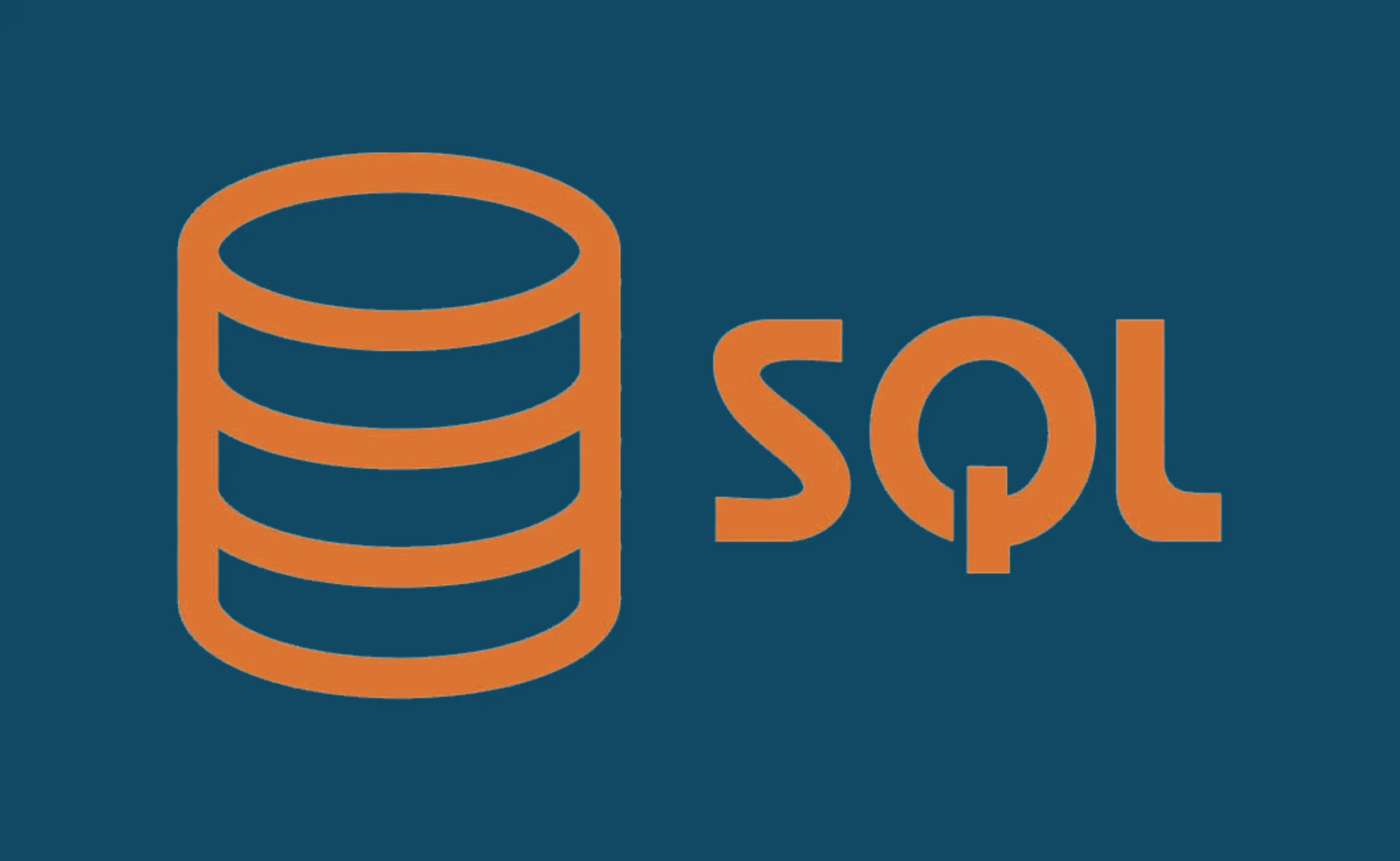
Complete understanding of retrieving data from databases, modify existing data, design efficient database structures, and understand core database principles

Detailed learning to develop procedural code within databases, automate tasks, enhance SQL queries, and build robust database-driven applications
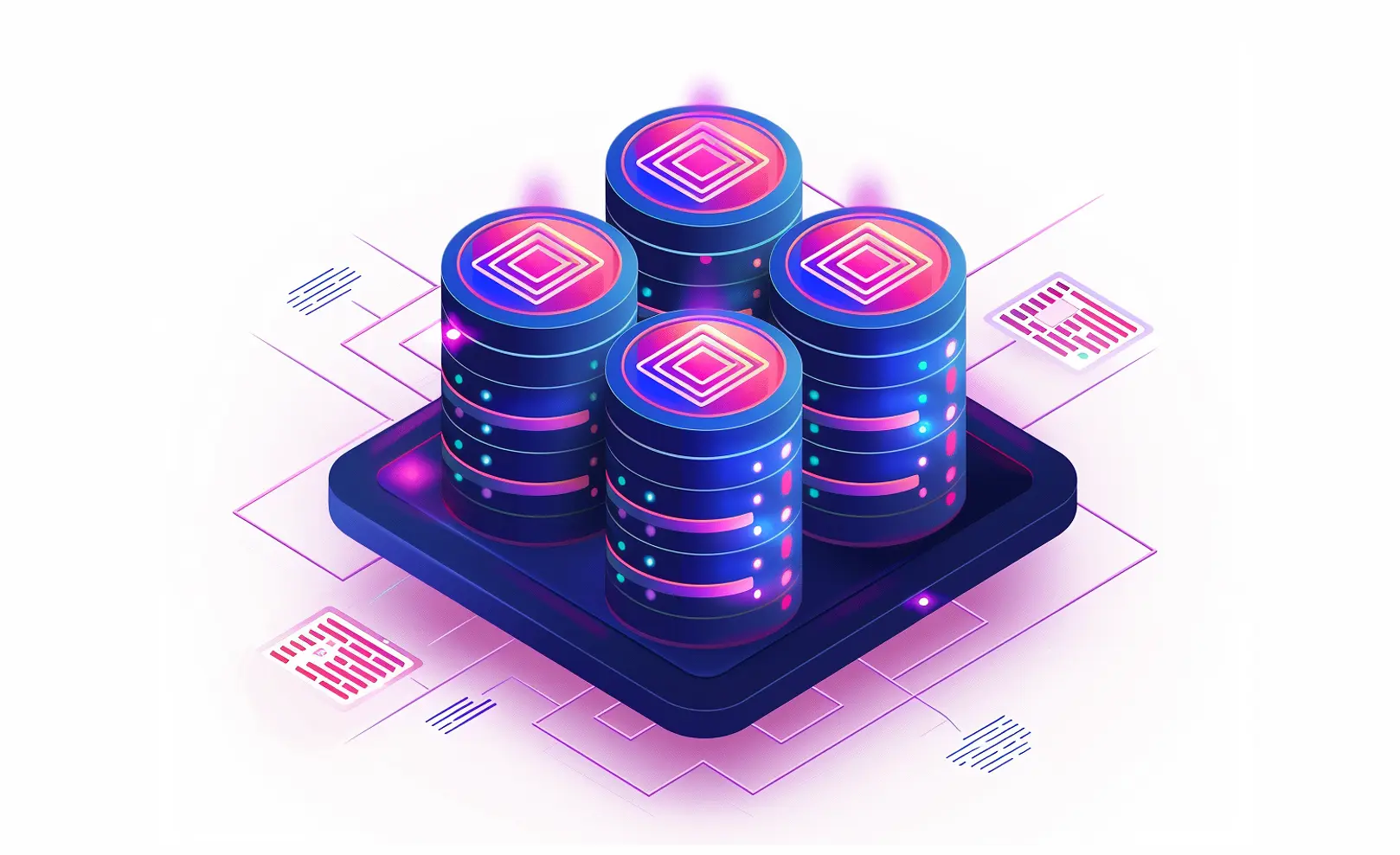
You will learn to apply SQL/PLSQL skills in real-world scenarios, such as building databases, automating processes, and developing efficient applications.
What You'll Get In this Course
SQL Syllabus
Overview of databases and their importance
Introduction to SQL and its history
Understanding the relational database model
Installing and setting up SQL environment (MySQL, PostgreSQL, or SQLite)
Retrieving data using SELECT statement
Filtering data using WHERE clause
Sorting data using ORDER BY clause
Limiting and paging results
Using arithmetic and string functions
Inserting data into tables using INSERT statement
Updating existing data using UPDATE statement
Deleting data using DELETE statement
Transactions and data integrity
Creating databases and tables
Defining table constraints (PRIMARY KEY, FOREIGN KEY, UNIQUE, NOT NULL)
Altering existing tables
Dropping databases and tables
Working with multiple tables: Joins (INNER, LEFT, RIGHT, FULL)
Using subqueries and correlated subqueries
Using set operations (UNION, INTERSECT, EXCEPT)
Understanding window functions for advanced analytics
User management and permissions
Backup and restore operations
Performance tuning and Optimization
Monitoring database activity and resource usage
SQL Syllabus
Ready to supercharge your career and unlock new opportunities? Download our comprehensive course brochure now and discover the path to success!
What You'll Get In this Course
PL/SQL Syllabus
Overview of PL/SQL
Advantages and features of PL/SQL
PL/SQL architecture
Differences between SQL and PL/SQL
PL/SQL Block Structure
Declaring Variables
Data Types in PL/SQL
Assigning Values
Executing PL/SQL Blocks
Conditional Statements (IF-THEN-ELSE)
CASE Statements
Looping Structures (FOR LOOP, WHILE LOOP)
Nested Loops
Introduction to Cursors
Implicit vs. Explicit Cursors
Cursor Attributes
Cursor Operations (OPEN, FETCH, CLOSE)
Cursor Variables (REF CURSOR)
Introduction to Packages
Package Components (Specification and Body)
Declaring Variables and Constants in Packages
Using Package Constructs
Advantages of Packages over Standalone Procedures/Functions
Introduction to Dynamic SQL
EXECUTE IMMEDIATE Statement
Using Bind Variables
Dynamic SQL Best Practices
Dynamic SQL in Real-world Applications
Bulk Processing Techniques
Autonomous Transactions
Advanced Exception Handling
Performance Tuning Tips
Real-world Case Studies and Examples
Performance Tuning Methodologies
Profiling PL/SQL Code
Using Oracle Performance Tools
Identifying and Resolving Common Performance Issues
Optimizing SQL Queries and PL/SQL Code
Understanding Security Threats in PL/SQL
Implementing Data Encryption in PL/SQL
Role-based Access Control (RBAC) in PL/SQL
Preventing SQL Injection Attacks
Auditing and Monitoring PL/SQL Activities
Understanding Exceptions
Handling Exceptions (TRY-CATCH)
User-Defined Exceptions
Propagation of Exceptions
Exception Handling Best Practices
Creating Procedures and Functions
Parameters in Procedures and Functions
Calling Procedures and Functions
Overloading Procedures and Functions
Managing Dependencies
Introduction to Triggers
Trigger Components
Trigger Types (BEFORE, AFTER, INSTEAD OF)
Trigger Events
Using Triggers for Data Integrity and Auditing
Overview of Large Objects (LOBs)
Handling LOB Data Types (BLOB, CLOB, NCLOB)
Inserting, Updating, and Retrieving LOB Data
Managing LOB Locators
Performance Considerations with LOBs
Integrating PL/SQL with Application Development Frameworks
Implementing Business Logic in PL/SQL
Building Data Access Layers with PL/SQL
Utilizing PL/SQL for Backend Processing
Best Practices for Application Development with PL/SQL
Introduction to Web Development with PL/SQL
Creating Web Services with PL/SQL
Integrating PL/SQL with Web Technologies (HTML, CSS, JavaScript)
Building RESTful APIs with PL/SQL
Deployment Strategies for PL/SQL Web Applications
Interfacing PL/SQL with Java
Calling PL/SQL from Python
Integrating PL/SQL with NET Framework
Leveraging External Procedures for Integration
Best Practices for Cross-Language Integration
PL/SQL Syllabus
Don’t miss out on this exclusive opportunity! Click below to get instant access to your guide to a brighter future.
Projects in SQL PL/SQL Development
You will gain experience working on 12 complete projects
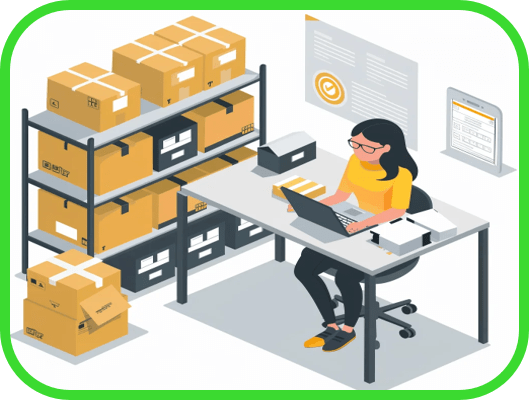
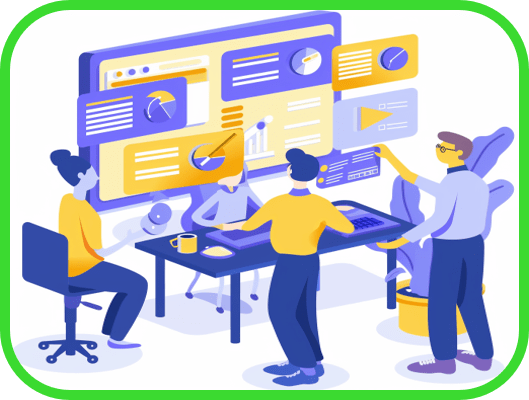
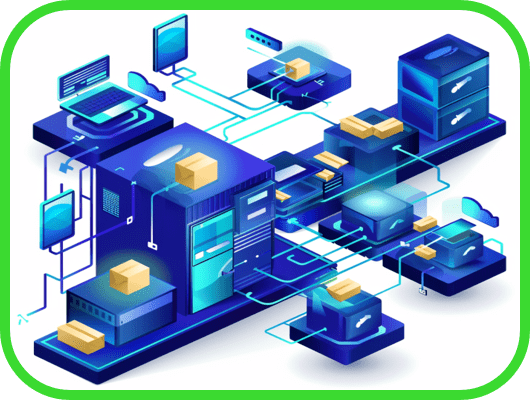

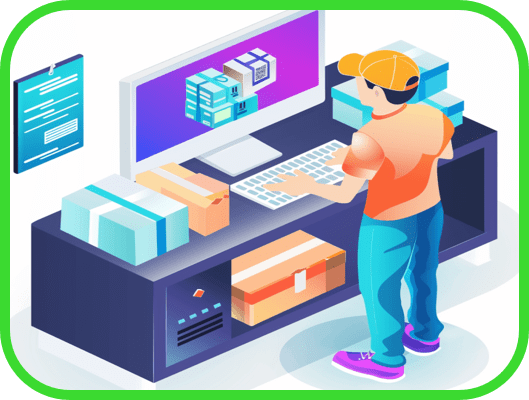

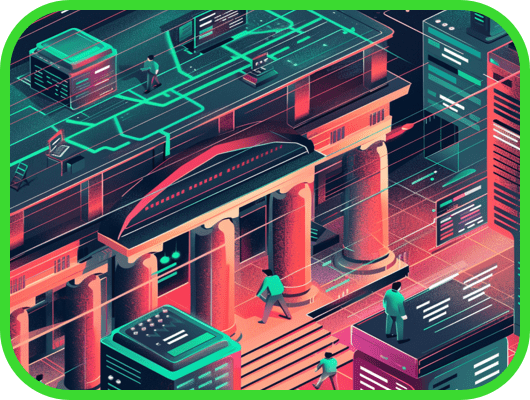
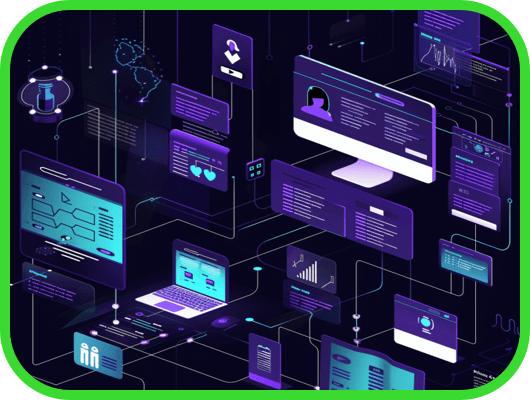
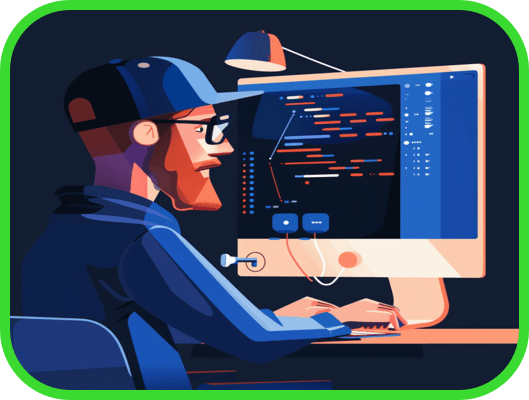

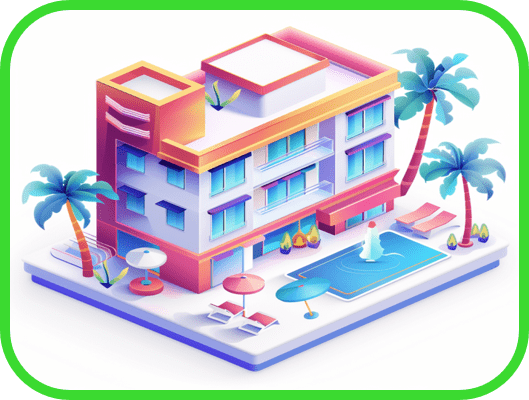

Frameworks You'll Learn

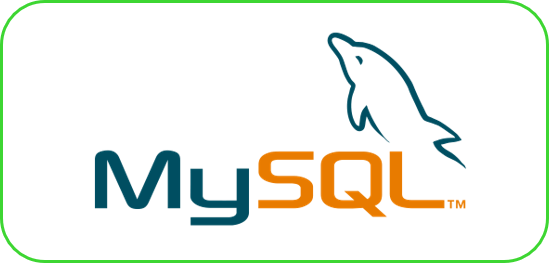



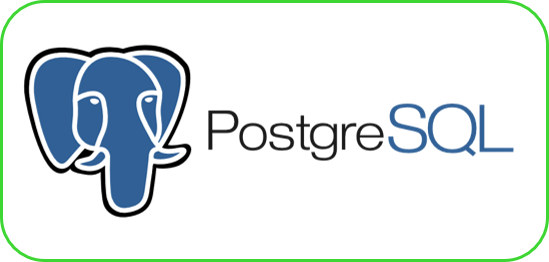
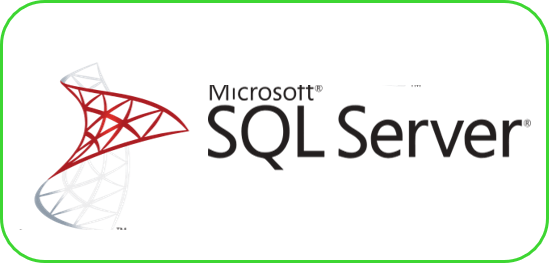
Get Certified
Upon successful completion of the course, you will receive a certificate of achievement from the institute with the director’s signature and a unique code.
Add this certificate to your profile to improve your portfolio.
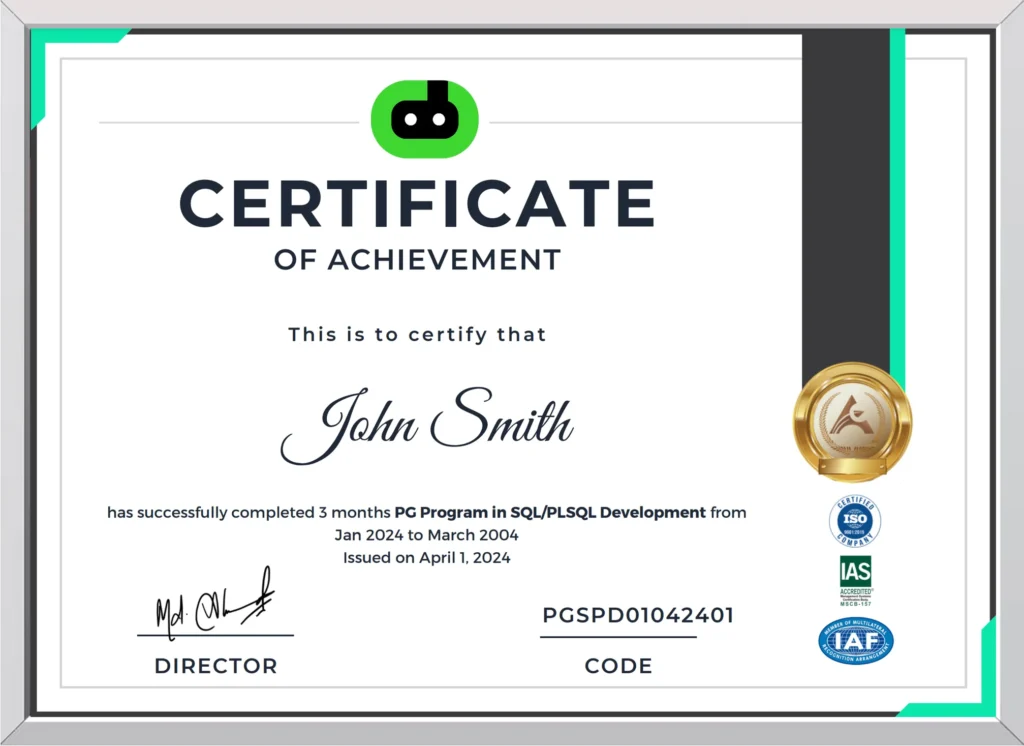
Our Learners are working in these Organizations



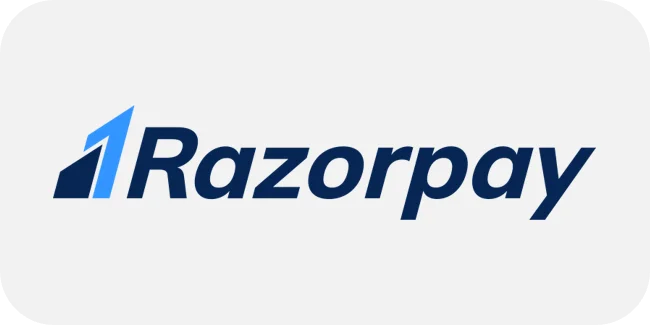

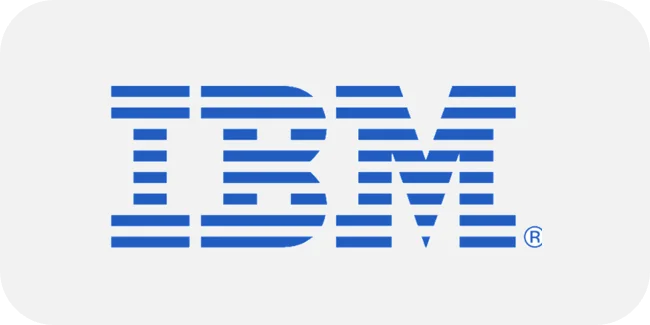
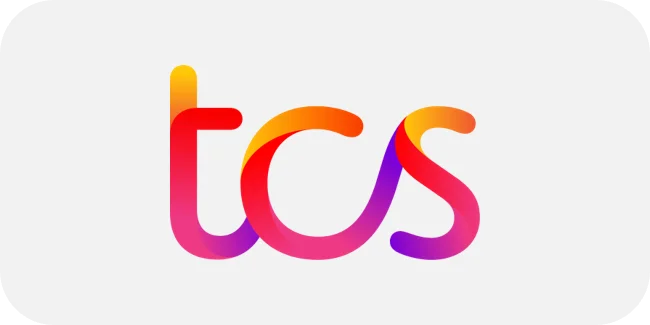

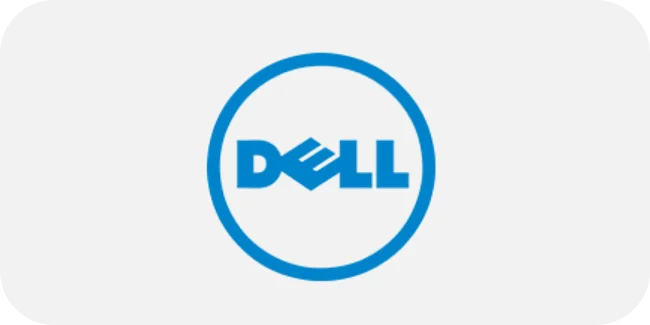

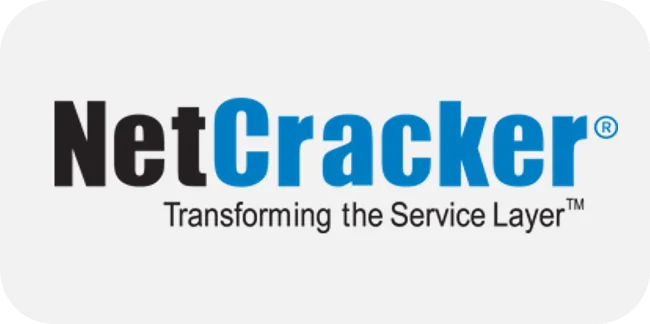
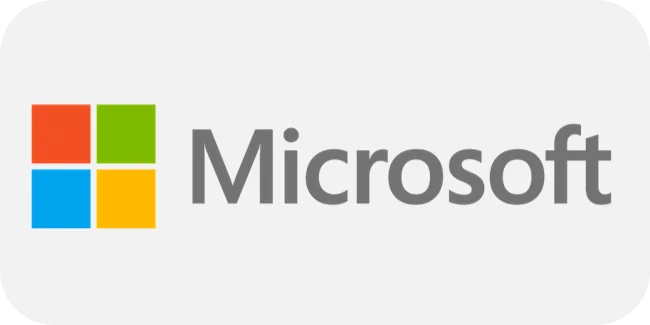

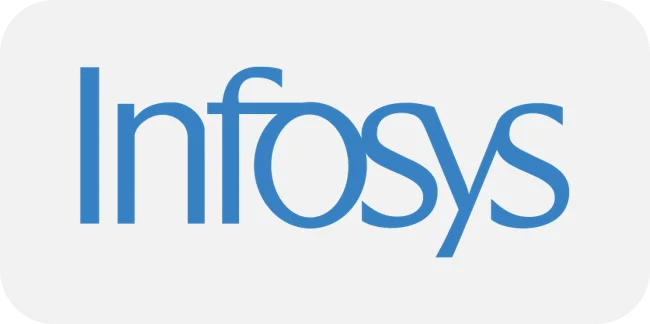
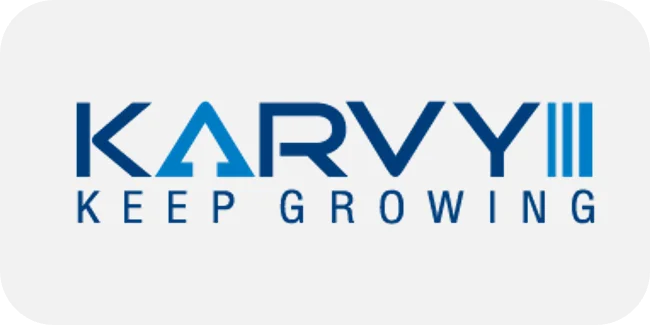
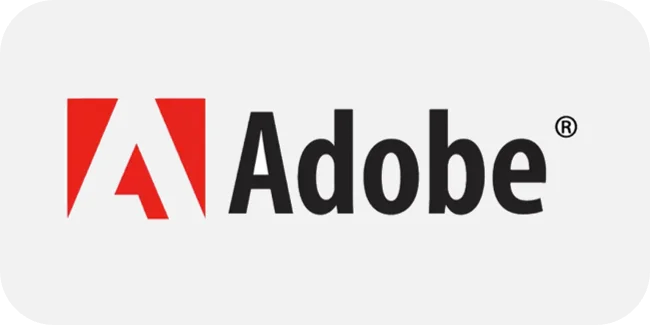




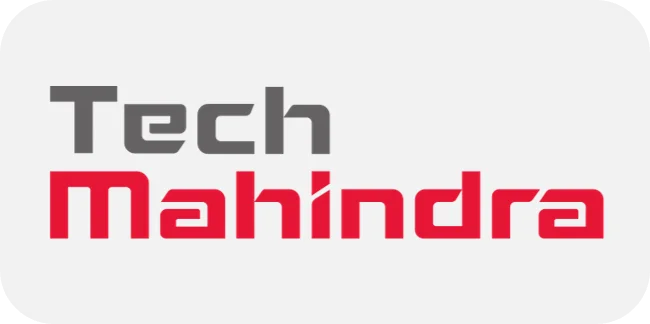
Learn with Flexible
How You’ll learn
The PG Program is a combination of live sessions and recordings of live classes will be available to access later. You can post your doubts 24*7 or discuss them in live sessions.

LIVE SESSIONS
Saturday: 10AM – 2PM (IST) Sunday: 10AM – 2PM (IST)

RECORDED VIDEOS
Lifetime access to recordings of live classes accessible anytime, anywhere

DOUBTS DISCUSSION
post your unlimited queries 24*7 in the discussion forum below any video lecture
Global Recognition and ISO 9001-2015 Certified Indian Organization




Why Choose Us
It's the bright one, it's the right one, that's education.
Gain Practical Skills, Expert Guidance, and Career Opportunities Tailored for Non-Tech Professionals
Professionals Trained
Countries
Minutes Taught
Average Rating
Customized coding programs for diverse non-tech backgrounds
Personalized counseling to navigate career transitions effectively
Dedicated support for job search and industry connections
Recognized by ISO, MSME, IAF and IAS
Common Questions
Most Popular Questions
Explore the top queries on SQL/PLSQL PG programs with key insights, FAQs, and expert guidance for aspiring professionals
Yes, our PG Program is designed for non-tech candidates with no prior coding experience.
This course is specially designed for non-tech candidates, including mechanical, civil, or electrical engineers, as well as BSc, MSc, BCom, MCom, BBA, MBA, BCA, and MCA graduates, who are interested in starting a career in coding with a focus on SQL PL/SQL development.
Each live session lasts for four hours, and recordings will be accessible for lifetime learning.
No specific prerequisites are required, and all necessary software will be provided during the program
Comprehensive support will be available throughout the course, including assistance during live sessions, dedicated forums for questions, and mentorship from instructors.
Upon successful completion, you'll be awarded a certification accredited by ISO, MSME, IAF, and IAS, affirming your expertise in SQL PL/SQL development
The real-life projects cover a range of applications, providing hands-on experience in various scenarios relevant to SQL PL/SQL development.
Internship opportunities are available across industries and locations, providing flexibility based on your preferences and qualifications.
While live sessions are scheduled on Saturdays and Sundays from 10 AM to 2 PM (IST), recordings allow for flexible learning to accommodate other commitments.
After completing the program, you'll be qualified for roles such as SQL/PLSQL Developer, Database Administrator, or Data Analyst in industries across India, UAE, KSA, USA, Canada, or Australia
Get in touch
Get in touch and let us know how we can help.
10000+ Successful Career Transitions. Contact Us Today and Next Could be You
#3C, Aakash Heights, Azadnagar, Jamshedpur, India-831012
nontechcoders@gmail.com
+919661473085
Send us a message
Lorem ipsum dolor sit amet, consectetur adipiscing elit. Ut elit tellus, luctus nec ullamcorper mattis, pulvinar dapibus leo.
